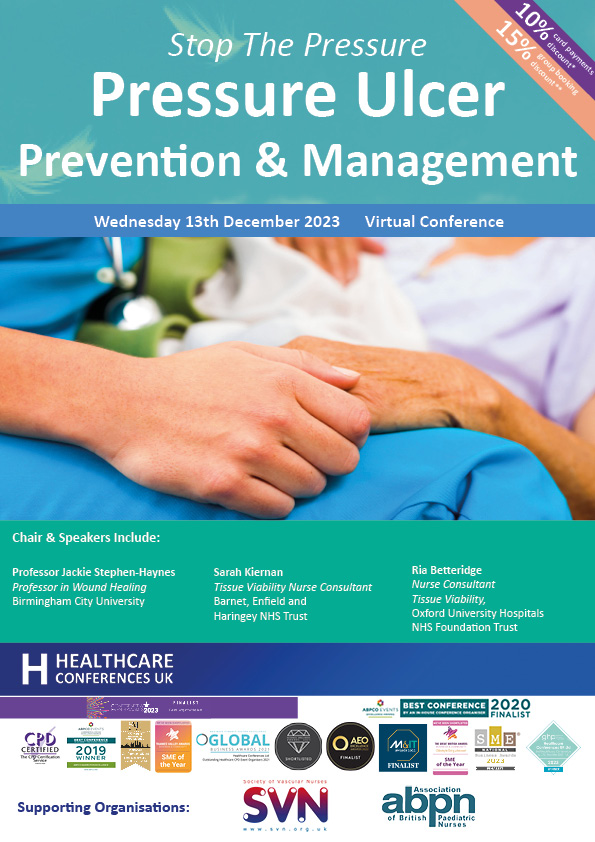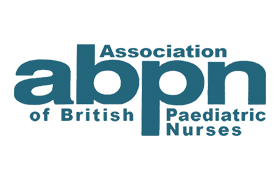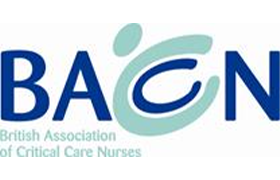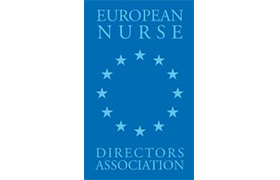Follow the conference on X #stopthepressure
This conference focuses on the prevention and management of pressure ulcers including monitoring, reporting and improvement. The conference will open with National Developments from the National Wound Care Strategy Programme including the new Clinical Pathway for the prevention and management of pressure ulcers and the Pressure Ulcer Best Practice Bundle. The conference will reflect on the implications of the Woundcare Workforce Framework and the New Model Health System Guidance for Pressure Ulcer Data Collection which was released for secondary care in January 2024, and will be followed by community care guidance. The conference will continue with a focus on training and educating frontline staff, and an extended masterclass on Pressure Ulcer Assessment, Reporting & Management. There will be an extended focus on the investigation of Pressure Ulcers under the new PSIRF (Patient Safety Incident Response Framework).
Stream A: Learning from Pressure Ulcers & Sustaining Pressure Ulcer Prevention
This stream will focus on sustainability of pressure ulcer prevention learning from pressure ulcers, and national audit, and Implementing the new national Pressure Ulcer Surveillance system. The session will focus on the introduction consistent processes and practice to eliminate pressure ulcers, and managing them effectively if they do occur. The stream will consider effective risk assessment tools, and the timing of them, the factors that increase the risk of pressure ulcer development and also look at a case study focusing learning from a thematic review of pressure ulcers in an NHS Trust.
Stream B: Reducing and Managing Pressure Ulcers at the End of Life
Wounds are a common occurrence in patients with terminal illnesses, it has been estimated that approximately one third of palliative care patients will experience a pressure ulcer. Pressure wounds are seen most often in elderly and terminally ill patients as a result skin failure — a naturally occurring process commonly associated with terminal illness wherein the skin begins to break down and die. At the end of life multiple risk factors can lead to pressure ulcers. The prevention and management of pressure ulcers at the end of life must also be balanced alongside the patients preferences presenting ethical dilemmas such as when prevention and active management should stop in the last days of life. This stream focuses on the reduction and management of pressure ulcers at the end of life, from risk assessment to controlling pain and discomfort in the last days of life.
The conference will concluded with a focus on improving nutrition and hydration, and advanced wound care with case studies on difficult issues.
Pressure ulcers are regarded as being in the top ten harms in the NHS in England. Investigations into the causes of pressure ulcer frequently demonstrate that variations from standard evidence-based practice contribute to the development of this significant patient harm.
National Wound Care Strategy Programme, June 2023
Pressure ulcer prevention and management is an art as well as a science…different people with similar conditions need different care and that care should be holistic and tailored to the individual.
Linda Nazarko OBE Consultant Nurse West London NHS Trust
This conference will enable you to:
Network with colleagues who are working to improve the measurement, reporting and prevention of pressure ulcers and harm
Reflect on national developments and learning including investigation of pressure ulcers and how this is changing under the New Patient Safety Incident Response Framework (PSIRF)
Examine the new National Clinical Pathway for the prevention and management of pressure ulcers and the Pressure Ulcer Best Practice Bundle
Learn from outstanding practice in pressure ulcer reporting
Understand the implications of the new national Pressure Ulcer Surveillance system
Change the way you view pressure ulcers – eliminating the focus on avoidability
Developing effective training and education of frontline staff that will empower frontline teams to take ownership for improving care processes and preventing pressure ulcers
Understand how you can reduce pressure ulcers and harm from pressure ulcers
Improve sustainability in the reduction of pressure ulcers
Understand plans for a new national pressure ulcer data system to support quality improvement
Understand the factors that increase the risk of pressure ulcer development, and explore effective risk assessment tools
Develop a better understanding of pressure ulcer prevention at the end of life
Reflect on a case study on learning from a thematic review of pressure ulcers in an NHS Trust
Improve Nutrition and Hydration
Develop your skills in managing difficult to treat pressure ulcers
Ensure you are up to date with the latest evidence and definitions
Self assess and reflect on your own practice
Supports CPD professional development and acts as revalidation evidence. This course provides 5 Hrs training for CPD subject to peer group approval for revalidation purposes











